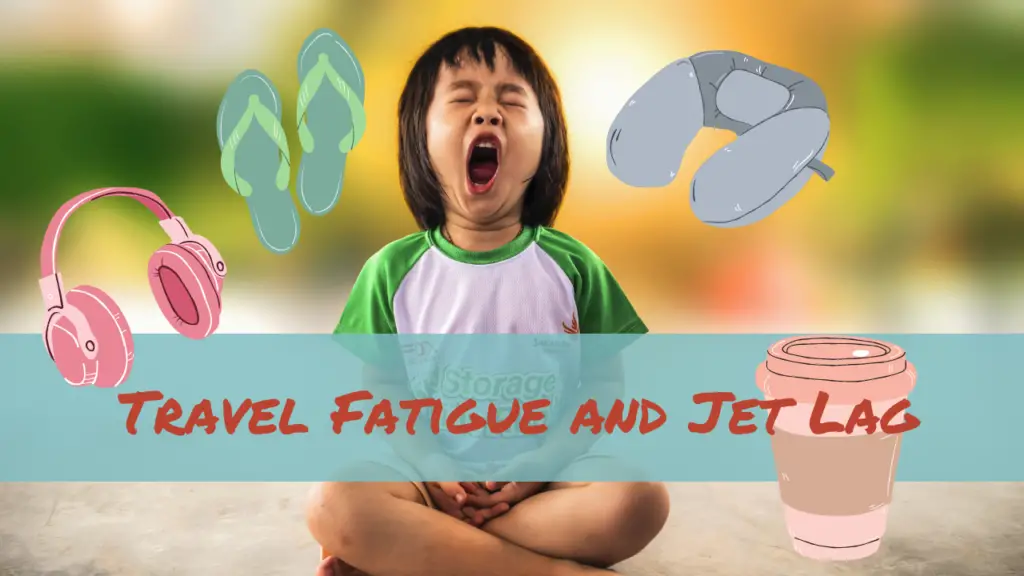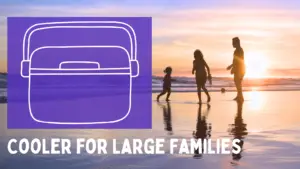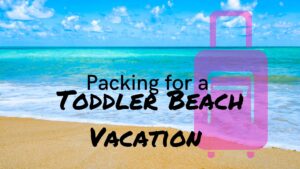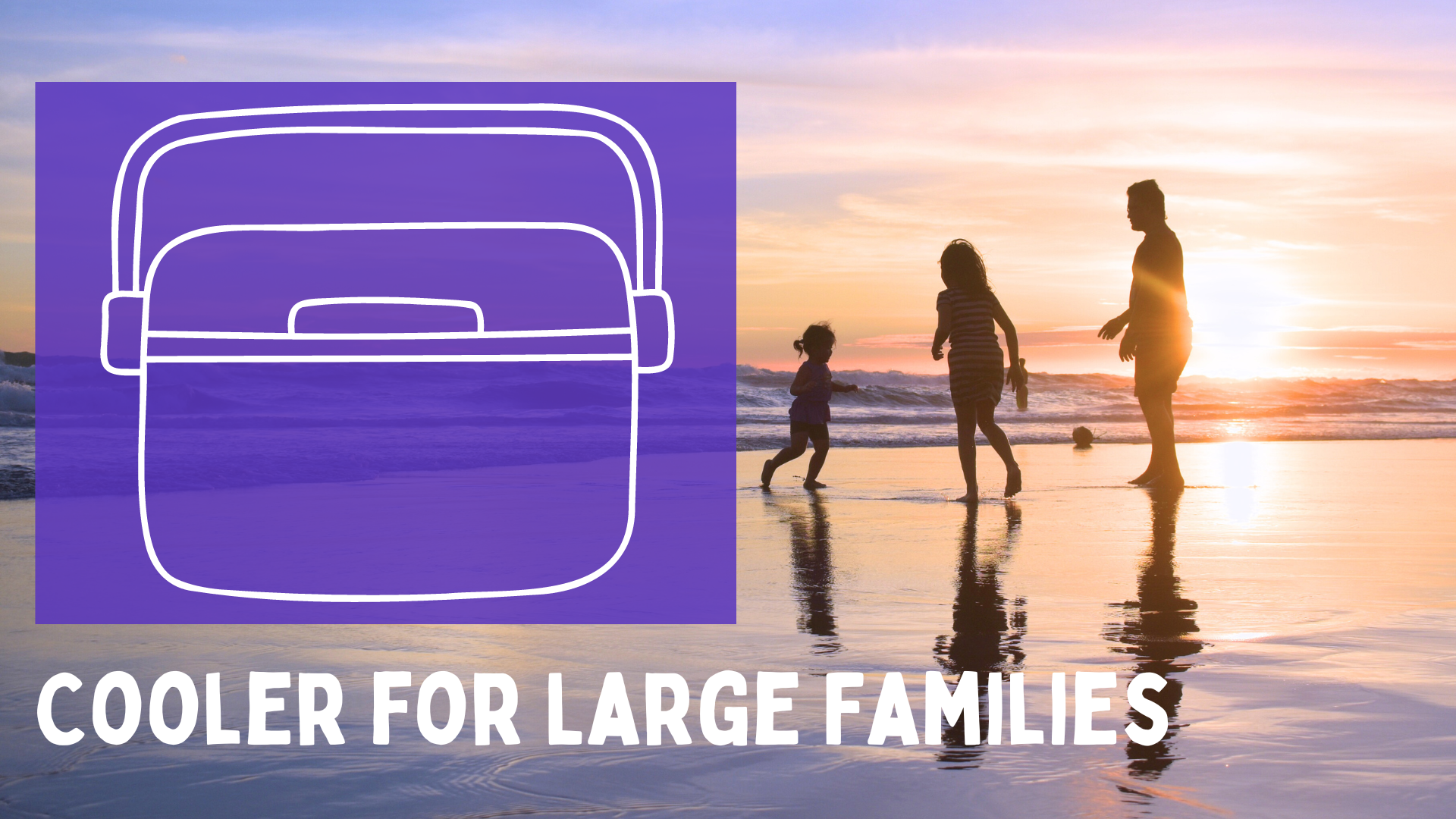Sometimes vacations are not very relaxing and we find that vacations are exhausting? After a long drive you may just want to sleep for a few hours.
There are internal and external factors that impact your tiredness. These factors are things like your sitting position while traveling, the lack of physical movement while traveling and the stress of planning the trip. Any mental stress you may be feeling about the trip can make you more tired.
External factors like, how far you will be traveling, the duration of the travel and the crossing of time zones impact tiredness more than any of the internal factors and that is great news because these are the things you have the most control over!
Factors like prolonged sitting and stress of managing travel plans have less impact on your tiredness than the external factors like new social pressures and altered meal times while traveling. By planning meal times, sleep times and travel times you can reduce the tiredness you feel while and after traveling.
While planning a trip that is stress reducing instead of stress inducing, you should still plan in plenty of time to rest before and after driving.
While it has been shown that caffeine, like coffee, energy drinks, tea or soda, can improve feelings of alertness, the effects will wear off in 90 minutes to 2 hours.
It is not safe to drive if you are feeling sleepy, so if you are planning a multi-day trip, plan to follow the 2-2-2 rule to avoid exhaustion. What is the 2-2-2 rule? The linked post lays it out.
Travel Fatigue Vs. Jet Lag
Travel Fatigue and Jet Lag are both tiredness as a result of traveling, and while they are connected, they are not the same.
Jet Lag is the result of traveling through 3 or more time zones and requires you to adjust your waking and sleeping times.
Travel fatigue can be from one long trip or several trips over a number of days or months.
The symptom of travel fatigue and jet lag are the same:
- Daytime Tiredness
- Trouble Concentrating
- Trouble Sleeping or Staying Asleep
- Gastrointestinal Disturbances
- Decreased Alertness
This sounds like no way to spend a vacation!
Athletes who travel around the world regularly need to be experts at dealing with travel fatigue. They are expected to travel long distances and perform at a high level when they arrive.There have been some very thorough studies of the effects of travel fatigue and jet lag on athletes that we can learn from.
How to Avoid Travel Fatigue: 3 Steps
Lets consider the three most important ways we can avoid travel fatigue before it starts:

Plan Ahead
There are multiple benefits of planning your trip at least a month in advance. This will allow you and your family to get excited about the trip and talk about what you will see and what you will do.
This also reduces the mental load of the trip. Start your planning with my layered packing planner, I am super proud of this really useful and helpful packing system that we use in our family. This timeline approach allows you to pack stress free and you won’t forget anything!
If you are a bit further out, you can plan a year of vacations with the printable in the linked post or use my worksheet for mapping out each leg and stop on your trip.
You also want to plan for your trip to be about 8 days, the magical vacation number. People report being happiest after 8 day vacations.
Sleep
Lack of sleep is the issue that causes almost all of the symptoms of travel fatigue. So how can you protect your sleep time on a long road trip or other vacation?
Be sure to protect your sleep hygiene.
Keep a cool dark sleep environment, keep screens to a minimum before bed and space meals away from sleep.
You can read all the tips for travel sleep hygiene in the graphic below.

Eat
Eating is a HUGE part of vacation and we love to eat in new places. If you are concerned about sleep try to keep your meal times regular.
Your sleep is connected to your digestion! So if you delay your meals you may also be delaying your sleep.
I will not pretend to understand this too deeply, but this figure gives some really good nutrition tips to stay at top performance while traveling.
These are all external factors that impact travel fatigue, but internal factors like stress can also contribute to general travel fatigue.
Here are the best ways to avoid having a stressful vacation.
How to Avoid Travel Stress
No one needs a vacation more than someone who just returned from vacation. This is so true, vacation is great but it is so exhausting. Travel stress is one reason that you are so tired after your road trip.
I love traveling and I don’t love traveling. I love the planning and the excitement, but trying to get my kids to sleep in a new place really tests my patience. It is not my favorite.
It is important to follow some guidelines to plan a stress-proof trip so that you can return refreshed and enjoy your trip as much as possible.
There are a few things that we can do to plan a trip that will leave you refreshed instead of exhausted.
1. Plan at least a month in advance
People who plan their trips at least a month in advance report less travel stress than those who leave without a plan.
This does not mean that you need to have each day planned out in 15 minute increments, but you should know where you will sleep each night.
2. Let Everyone Give Input
Ask everyone in the family what they hope to do on the trip! This will make the trip more fun for everyone.
This also reduces stress between family members when everyone feels heard.
3. Get Outside
Travelers who spend time in nature report MUCH lower stress levels. Even a walk about a local park can have some significant stress reducing effects.
I like to use grounding when I am very very stressed. For me that just means that I walk barefoot on the grass.
4. Get a Local Guide or Visit Friends
Trips are less stressful when you have a local helping you navigate your new surroundings.
You can use sites like www.showaround.com to hire a local guide, but I you can also get great information from your host if you are booking an AirBnB. You can also get a local guide by visiting friends or family and asking them what the locals do.
5. Safety
Be sure to consider safety.
Now you can take this as far as you would like, but I would recommend that you add the local police number to your phone.
You may want to get some security gadgets from Amazon, install dash cameras, get travel insurance, hire a housesitter, or look up local crime rates.
There are many ways you can consider adding a layer of security to your travel plans.
If you do not feel safe, you will not sleep well and you will be very tired on your trip.
How to Recover from Travel Fatigue
So, you are on your trip and you have already reached the point of travel fatigue, what do you do to feel better?!
Sleep
The best thing you can do for travel fatigue is sleep.
You may need to use a sleep aid like melatonin if your doctor has approved something like that. It is that important.
It can be difficult and you may feel fear of missing out on all the fun things that are happening on vacation, but pausing to get a full 6-9 hour of sleep is the best way to beat travel fatigue.
Eat
Eat regular meals that contain a good amount of fiber, like apples, greens or other fruits and vegetables and stay hydrated.
These types of foods will help you regulate your digestion and improve your sleep.
Avoid caffeine so that you are not disrupting your sleep.
Consider how your alcohol intake may effect your sleep too. If you do drink be sure to hydrate well so that you will not get dehydrated.
Nature
Go for a walk outside. This is a major stress reduction technique that can help you reset if you are exhausted on your trip.
Even a walk around the grass outside your hotel, it can make a difference.
If you want something more exciting, use my best Google Maps trick to find local places full of wonderful nature.
Don’t Drive
If you are feeling tired, do not drive. Driving drowsy is so dangerous and results in almost 700 deaths in 2019 alone.
It may be inconvenient to change your trip schedule, but you need to find time to sleep so that you can drive safely.
If you need a bit more convincing you can read this article by the National Highway Transportation Safety Association which outlines the dangers.

Final Tips
I have a few other things that might contribute to travel fatigue, but did not quite fit in anywhere earlier in the article.
So if you have checked all the boxes and you are still feeling tired it could be because of:
Movement of the Car
When traveling by car you are likely to be traveling for a long time. Over hours your body is trying to maintain balance and comfort, so the muscles in your body are constantly working. You may not notice this happening, but if you have ever ridden in a school bus or Jeep on rough terrain you have felt how your body tries to keep you steady.
We recently bought a school bus to convert into a school bus and the ride is so bumpy I feel exhausted after more than an hour on the bus, my body gets beat up by the movement of the vehicle.
This happens to a lesser degree when you are in a comfortable minivan or SUV rolling down the highway.
Disruption of Routine
Vacation almost always takes us out of our normal daily routine, that is why we call it vacation!
This departure from your daily wake and sleep times, meal times and exercise routine can make you tired and irritable.
If possible keep meal times regular to keep everyone happy.
Wake and sleep times can be more important for kids to keep a regular sleep routine while on vacation. This may be difficult to accomplish, but it makes for happier kids.
When planning your trip consider where the kids will be able to sleep and if you can keep normal bedtimes and nap times. This may be a matter of preference and personality in each family as my kids seem fairly easy going about sleep, and each family and each child is very different.
Consider a wagon style stroller (affiliate link) if you have a toddler who can sleep on the move. I had one and I loved it! I like how it is like a rolling playpen for my kids. We have even set up the DVD player in the wagon when we were at long boring meetings.
These things are becoming more popular and less expensive. The linked Baby Trends model is half the price of the ones I was looking at before and has a lot more accessories.
Time Zones
Jet Lag is the effect of moving through three or more time zones resulting in being very tired, and impacting your circadian rhythm. This can happen when traveling by car if you are driving between time zones.
This makes perfect sense. If it feels like 9pm, but the clock says 6pm, you are going to want to be in bed!
Or, you may feel pressured to stay up late or wake up early to enjoy your time in the new location. Many people adjust quickly and just need a day or two to become accustomed to the new time zone.
If your trip will include traveling between time zones it will be more important that you follow the guidelines in this article to strategically avoid travel fatigue.







